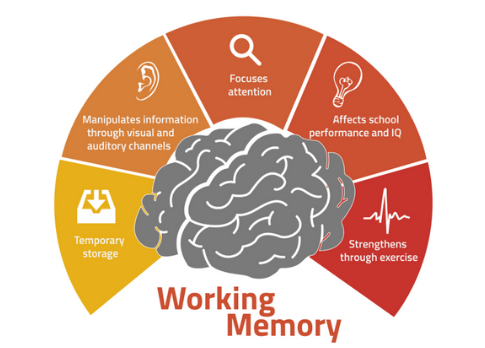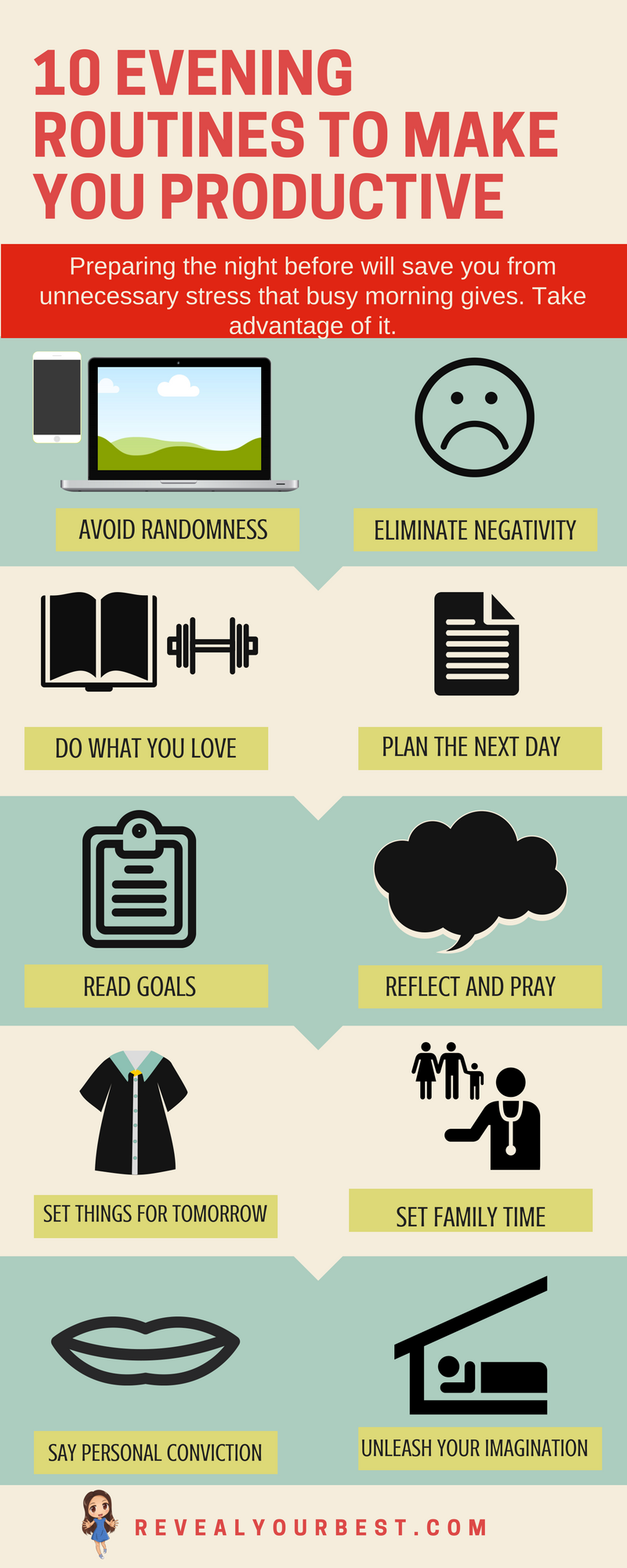Are you constantly losing your keys, forgetting where you left your wallet, and hurting people by forgetting their birthdays? Sure, this may seem like nothing more than a little inattention. But if you start digging into it, you’ll realize that this just means that your working memory is somewhat rusty.
This is a deficit that could be detrimental to your everyday life – but there’s no need for that! We’ll teach you how to improve working memory abilities without too much of a fuss.
Working Memory 101

Before we begin with the tasks required to improve your working memory, we have to explore what this means in the first place. So, what is working memory exactly? Its more popular moniker is “short-term memory”.
Both of these are used interchangeably and represent the information and mental notes that are basically temporary within your brain and memory, kept there to enable you to fulfill a specific task, instead of being with you all the time.
This is pretty much a shelf with useful information in your brain. For a visualization, imagine that you go out to get your groceries – some basics like bread, coffee, and eggs.
Also Read: How To Memorize Long Answers in Short Time
You arrive there and start browsing, but in the middle of it, you remember that you also needed milk. That’s all well and good, and you go out to the appropriate aisle and get it. But in the meantime, you’ve forgotten that you’re there for the eggs as well, and you don’t buy them.
The situation we’ve described above is a classic example of a working memory deficiency. Don’t worry, though – this isn’t a skill that’s set in stone. For instance, children operate with an extremely limited short-term memory and develop this skill organically up until they’re about 15. And this is just a generalization – these developments can happen later in life as well, if you work on them.
Make Information More Digestible
So, how do you make your working memory load easier for your brain to bear? There are a few things you can do to make it easier for the central nervous system to process temporary information. For one – you should focus on making the information more accessible – “user-friendly”, if you will. Break up any big blobs of information into pieces that are smaller.
Imagine that you’ve decided to throw a party at your house. Suddenly, there’s a lot that you need to do in order for the party to be prepared – a lot of cleaning, cooking, grocery shopping, etc.
If you start thinking about all of the tasks at once, you’re bound to forget something important. Instead of that, start with one thing – like cleaning – and don’t think of any other related tasks while you do that. After you’re done, you can start thinking about other stuff as well.
Utilize Checklists
If you find yourself constantly forgetting small parts of your workload at your job, that’s something that definitely needs to change if you’re going to be as successful as you want to.
With that in mind, make a checklist for the most menial parts of your job, like answering emails, boring paperwork, and other stuff you’re likely to forget.
Work On Routines
In the very beginning, we’ve talked about misplaced keys and wallets – the most common way working memory issues manifest themselves, and something most people deal with.
However, if you find that you’re forgetting such small things all of the time, work on routines that will almost become muscle memory after a while. For some time, consciously put your pocket items in the same spot when you get home, and you’ll start doing it automatically.

Start Working Out
Yes, this might not seem like an immediately relevant part of our list on how to improve working memory – but some studies indicate that regular physical activity is crucial for making your working memory better. The reasons aren’t completely clear for this phenomenon, but most scientists agree that working out will be good for your brain cells and their general health.
Plus, this could impact working memory in other, less direct ways. Working out means that you’ll be getting a good night’s sleep and that you’ll be in a better mood throughout the day; important factors for all cognitive abilities, including memory.
Practice
Obviously, apart from daily changes in your life, you could also do specific things that help improve working memory in all people. There are plenty of memory puzzles, games, and mental exercises out there that are all specifically designed to make your short-term memory more efficient. Why not carve out a part of your downtime to dabble in these, and see if you’re remembering stuff better after a while?
Do Less Multitasking
When you open up anyone’s CV, there are certain corporate buzzwords that all employees use while describing their skills. For instance, there’s multitasking – the ability to do more than one task at the same time. And sure, that’s always a good thing to be proficient at, as you’ll be able to do your work more efficiently.
However, while we’ve been taught that this is something you should work on, multitasking can actually make your working memory worse instead of better.
Certain studies indicate that multitasking leads to shorter attention spans, and makes some parts of your brain smaller after prolonged exposure. That’s why we’ve talked about making information easier for processing before; do your tasks in sequence instead of all at once.

Dan Samuels is a freelance journalist and author of several self-help titles. When he’s not working on the next big American novel, he likes difficult hikes and mountaineering.
